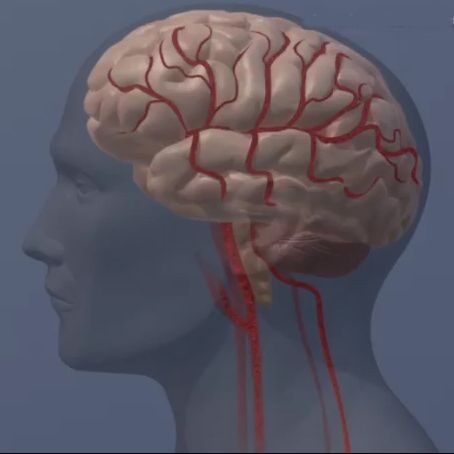Blood pressure is only a risk factor for heart disease, it is not a disease in itself, yet when people hear about a medical issue with a vital organ it can have profound psychological impacts. Some people report feeling depressed or having fitful sleep after taking beta blockers. Plus anxiety, drowsiness, hallucinations and nightmares. When one medicine has so many diverse correlations without any biological plausibility, it is probably not the medicine, it is more likely the implications of the medicine.
A new study analyzed data for more than 50,000 individuals from 258 studies including beta-blockers in double-blind, randomized controlled trials. Nearly 70% of the studies were clinical trials focused on high blood pressure treatment, and 31 assessed depression in placebo-controlled trials.

Results from the analysis revealed:
Despite being the most frequently reported mental health side effect, depression did not occur more frequently during beta-blocker treatment compared to placebo treatment.
The rate of discontinuing medication use due to depression was not any different for those taking beta-blockers compared to those on other treatments.
Unusual dreams, insomnia and sleep disorders may be linked to beta-blockers.
Among the mental health events analyzed, the most common reason for discontinuing beta-blockers was fatigue/tiredness.
"Our results indicate that concerns about adverse mental health events, especially depression, should not affect the decision about beta blockers. Beta-blockers are mostly safe regarding psychological health," said corresponding author Reinhold Kreutz, M.D., Ph.D., a professor at the Berlin Institute of Health, Institute of Clinical Pharmacology and Toxicology. "We found no indication of an association between beta-blocker use and depression. The same was true for most of the other mental health symptoms, as reported in the studies that were included in our analyses. However, sleep-related symptoms such as unusual dreams or insomnia did emerge during beta?blocker therapy for some patients."
Kreutz added, "Patients with a history of cardiovascular events such as a heart attack or stroke were prone to develop psychological complications. Though we found beta-blockers were not causally linked, these patients should be monitored."






Comments